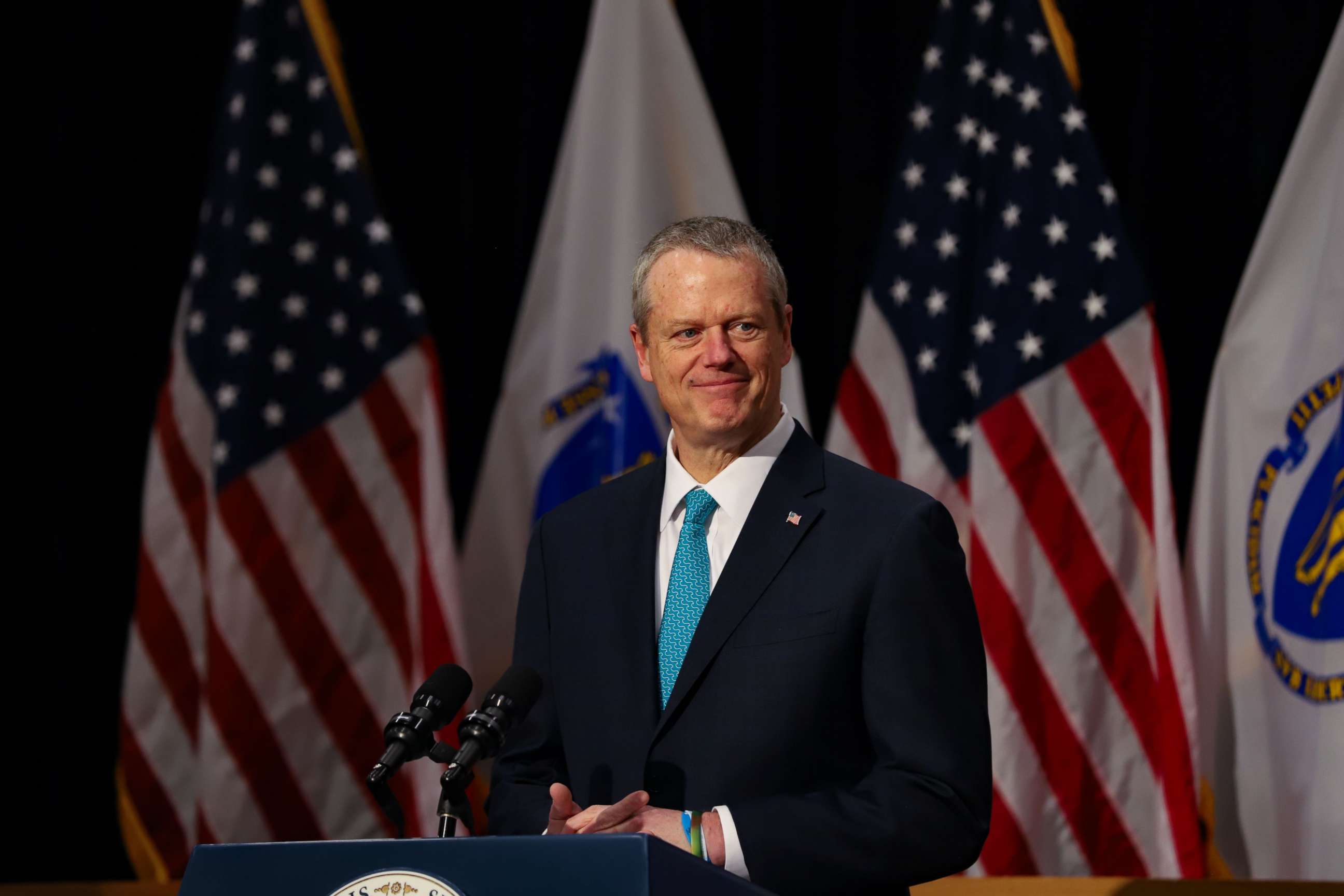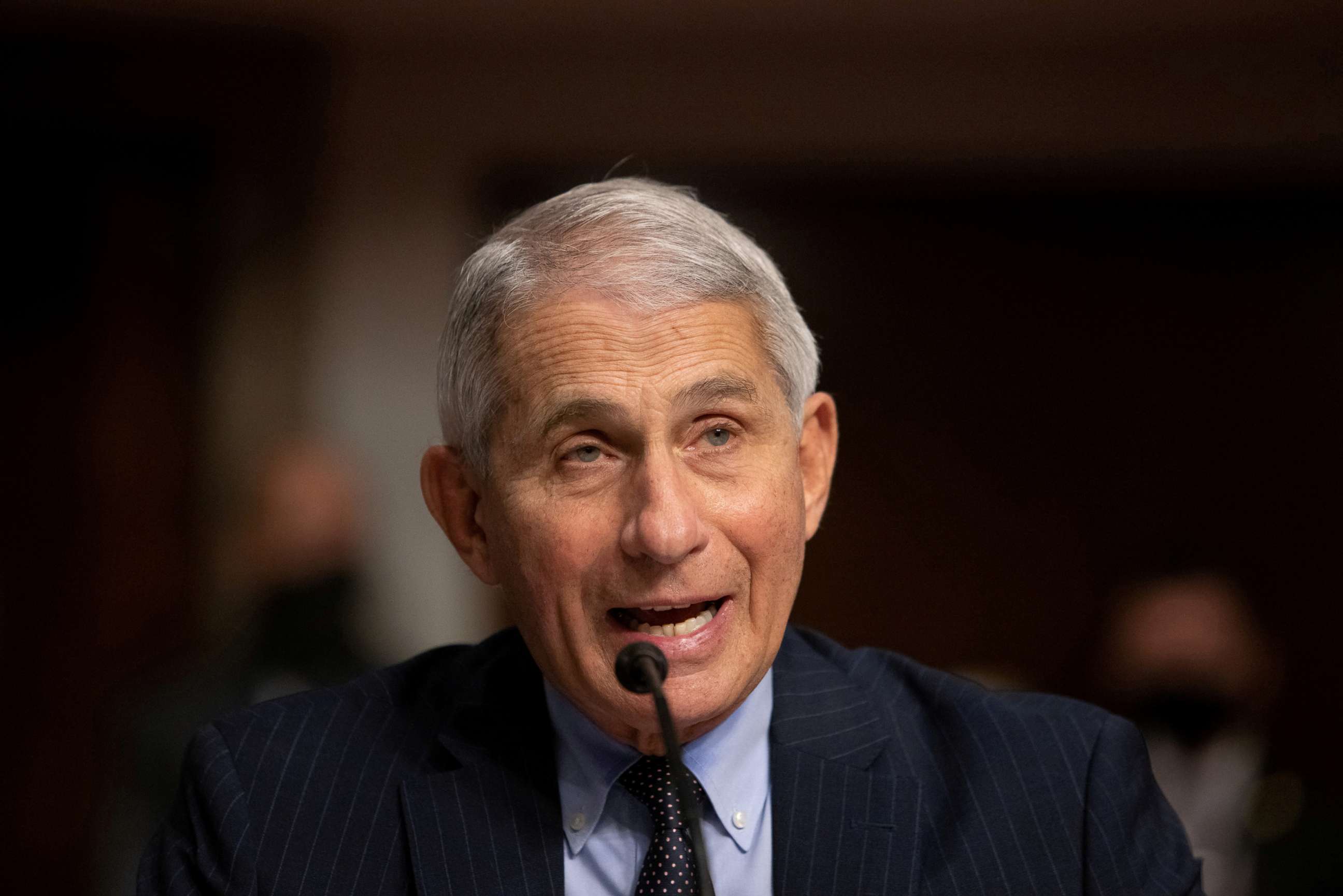Highest 1-week increase in US COVID cases among children
Nearly 200,000 children in the United States tested positive for COVID-19 last month including 61,000 new cases reported in the one-week period ending Oct. 29, according to state health department data compiled by the American Academy of Pediatrics and the Children’s Hospital Association.
That one-week stretch marks the greatest single weekly increase in new cases among children seen thus far in the U.S. outbreak.
"This is a stark reminder of the impact this pandemic is having on everyone – including our children and adolescents," Dr. Sally Goza, president of AAP, said in a statement. "This virus is highly contagious, and as we see spikes in many communities, children are more likely to be infected, too."
In total, more than 853,000 kids have tested positive for COVID-19, a number AAP believes to be low, given that children often experience mild COVID symptoms and aren’t tested as frequently as adults.






